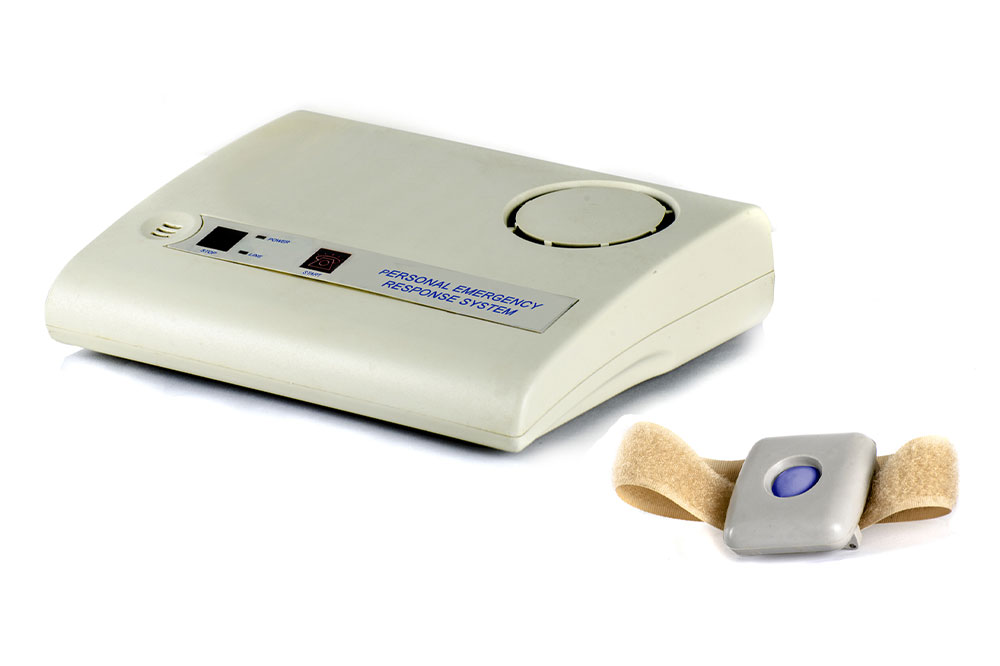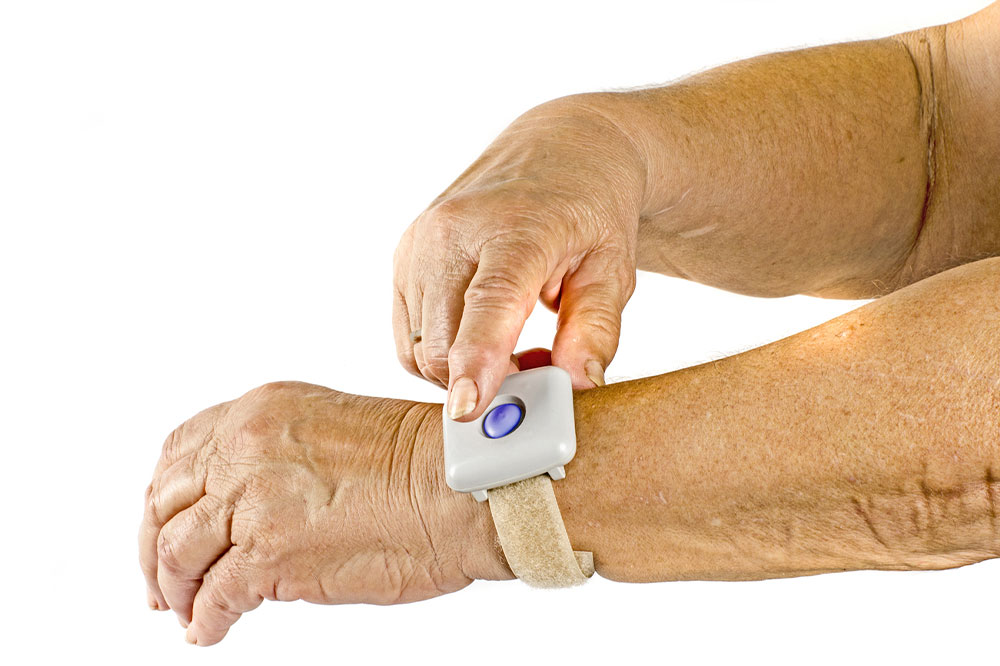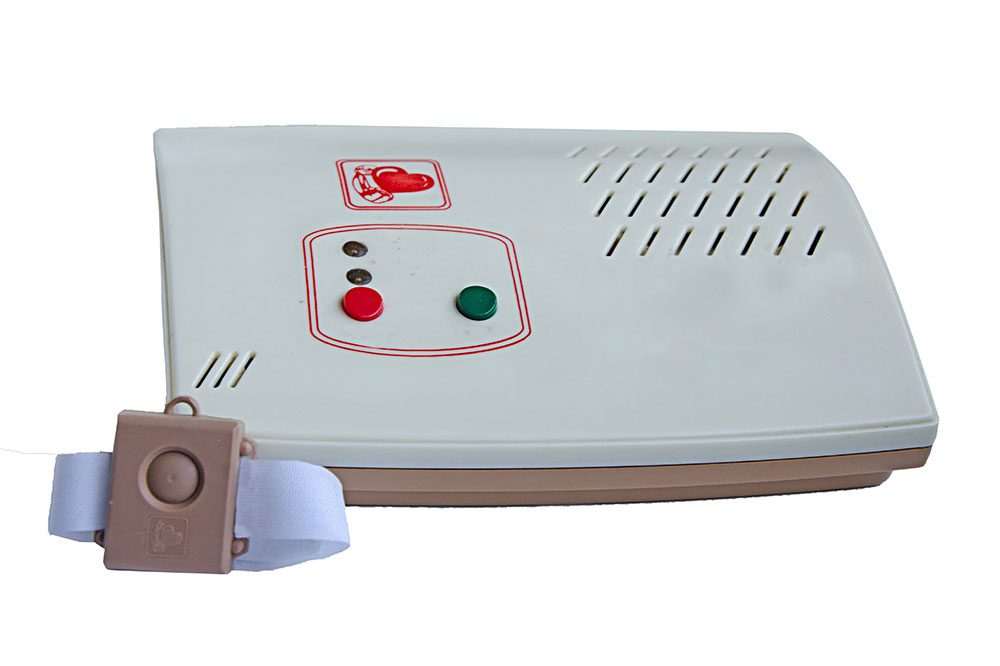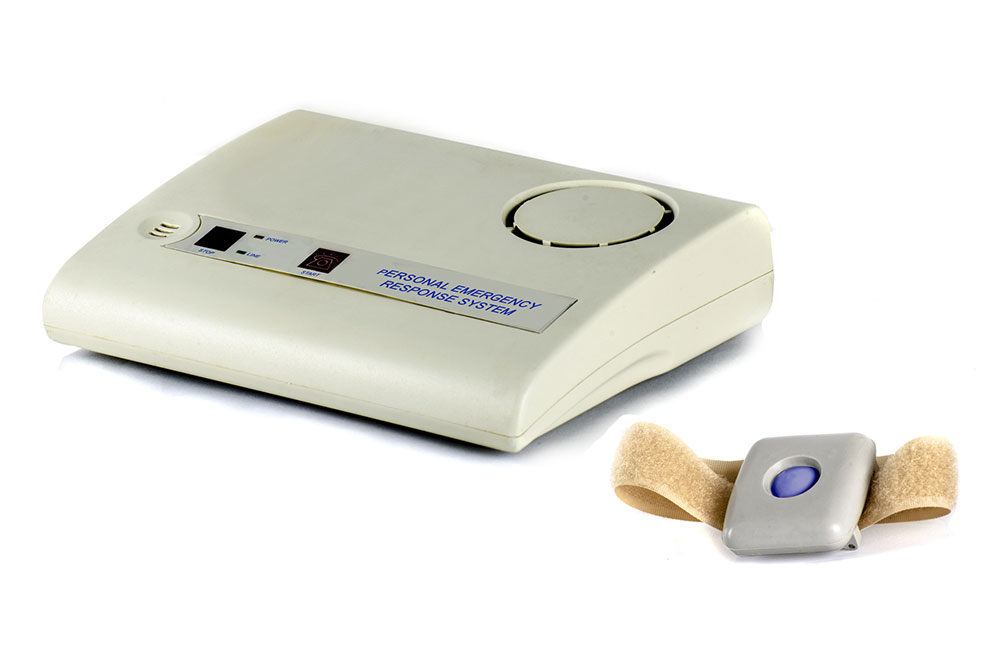Top Medical Alert Systems for Seniors and Their Features
According to certain reports, one out of ten people in Japan is now aged 80 or above. In this context, the relevance of medical alert systems for seniors in the country is very high. Such systems play a crucial role in ensuring the safety and well-being of seniors. Many brands develop such systems to meet the requirements of seniors. However, before purchasing a device, understanding one’s needs, budget, and the features available is crucial.
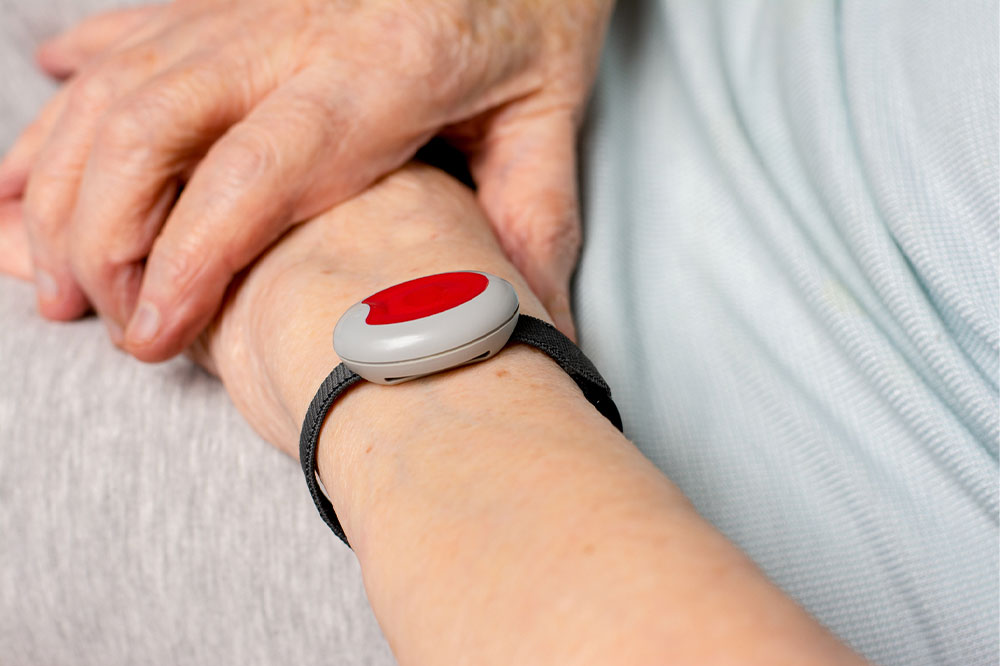
Top medical alert system brands in Japan
Several medical alert system brands are making their way into the Japanese market, and they understand how the market works alongside the diverse needs. Keep reading to learn more about a few such brands.
Tellus You Care
This American brand is now entering the Japanese market and testing its technology. A Tellus device mounted on the wall uses radar technology to learn about important health information without being intrusive. These devices are especially used in Japanese elder care facilities. It is plugged into an electrical outlet, and the data is updated on a mobile application on the caregiver’s phone through a Wi-Fi or cellular network. This way, caregivers can easily access live updates about the seniors. The range is about 5 meters, which is a good enough distance to cover a bedroom space, and detects movements like getting out of bed or going to bed and walking around the room. This device also detects vital signs in seniors while they are in the room and also helps to get alerts when they fall.
It is a great device for caretakers to monitor seniors and provide emergency care when needed. The technology used in this device is the same as that used in autonomous cars and drones, which helps keep costs more competitive.
Iveda
Another popular brand that has entered the Japanese medical alert system market is Iveda with its IvedaPinPoint wristwatch from B-Lab. The watch can collect data like a senior’s movements and path history and help caregivers create safe and healthy boundaries for seniors. Another feature of the wristwatch is that when a patient does not move for long periods, an alert will be sent to the caretaker or a family member so they can check on them. Besides, this device constantly monitors body temperature, making it easy to read the vital signs of the patient at all times.
Secom
They are a security service provider company that entered the monitoring system for the elderly market by creating a wristband for seniors. The device, known as Secom My Doctor Watch, caters to seniors who need some care and assistance when the need arises. This wristband helps track steps, calculate calories burned, identify unusual situations, and send emergency alerts. The company also manufactures a pendant-type device that seniors can squeeze when they feel ill, and the caregivers or family members will be alerted promptly.
Types of medical alert systems
In-home medical alert system
This is designed to be used within the home, and they typically have a signal range that covers the entire space and can also be extended to the yard in some cases.
Mobile medical alert systems
This can work anywhere outside the house and is connected through a cellular network. Such systems come in various forms, like necklaces, watches, and bracelets, and they all have an emergency button that can be used when the senior falls or faces any health issue. A family member or the primary caregiver will then be alerted to the situation so that necessary measures can be taken.
All-in-one medical alert system
This type of system boasts features from both in-home systems and mobile medical alert systems. It is a flexible form of medical care system that keeps seniors safe when they are at home or while traveling.
Things to consider before buying medical alert systems
Some important things to keep in mind while purchasing medical alert systems include the following-
Cost – It is important to define a budget first. The prices of medical alert systems can vary from affordable to expensive, depending on the features they offer. A device boasting many sophisticated and sensitive features may be expensive. So, always ensure a budget is in place before purchasing a device.
Type of the device – Depending on lifestyle, each user might be looking for specific features in a personal safety alert system. If a senior travels frequently, a mobile system may work well for their needs. However, if they stay indoors most of the time, they can opt for an in-home medical alert system.
Monitoring preference – Some medical alert systems include an emergency button that allows users to contact the emergency services to seek help. For other systems, the caregiver or the family is informed of this issue through alerts, and they can provide the necessary emergency care and assistance to the senior immediately.
